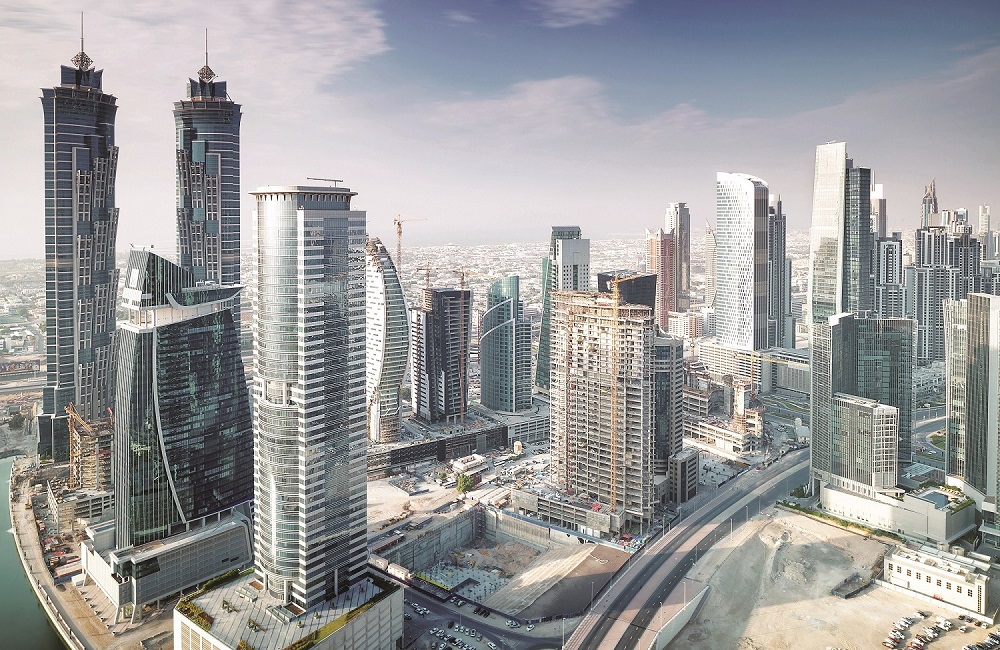Medium-to-long term demand fundamentals remain strong for Dubais real estate market in 2017 but challenges remain, according to a report from Deloitte.
The global business advisor recently reviewed its 2017 market forecast made at the start of the year and found that the first quarter had played out largely as predicted in the residential, retail, hospitality and office markets.
Martin Cooper, Director of Real Estate Advisory for Deloitte, said: Dubais real estate market continues to face many of the headwinds previously predicted in Deloittes report in January 2017.
These headwinds include declining investor confidence and, off the back of a strong Dirham, declining purchasing power for many foreign investors and visitors.
Despite this, medium-to-long demand term fundamentals remain strong as Dubai consolidates its position as a leading city in the region for attracting investment, tourists and highly skilled expatriate workers.
Grant Salter, Director of Tourism, Hospitality and Leisure for Deloitte added: Despite an ongoing decline in Average Daily Rates (ADRs), Dubai remains one of the worlds top tourism markets, both in terms of international overnight visitor numbers and hospitality performance metrics.
Key messages from the quarter one update of Deloittes report include the fact that medium-to-long term demand fundamentals for Dubais real estate market remain strong.
Data from MasterCard shows that Dubai was ranked fourth in the world for international overnight visitors in 2016, behind only Bangkok, London and Paris and ahead of New York.
Data from Oxford Economics forecasts that Dubais population will increase from 2.6 million in 2017 to 2.9 million in 2021, as the city continues to attract expatriate workers.
Looking to Dubais hospitality market, Deloitte predicted continuing headwinds in 2017. The most recent data from STR indicates that the Dubai-wide ADR has declined by 4.9% for the year to date February 2017 when compared to the same period in 2016.
Operators in Dubai are continuing to discount ADR to preserve occupancy levels, which in turn support non-room revenues such as Food & Beverage.
Deloitte predicted that 2017 would be a challenging year for retailers as domestic disposable incomes are squeezed and a strong Dirham erodes the purchasing power of international visitors. Despite this, prime retail assets in Dubai are likely to consolidate their position and continue to attract strong levels of footfall and tenant demand.
In Dubais residential market, Deloitte predicted that residential sales prices would continue to decline in Dubai in 2017, driven by low oil prices denting investor confidence in addition to a strong local currency reducing the purchasing power of key international source markets such as India and the UK.
Data from REIDIN indicates that in February 2017, average residential prices in Dubai declined slightly, by approximately 0.31%, while average residential rents declined by approximately 0.16%.
This shows that the rate of sales price decline in Dubai is slowing, when compared with recent trend performance.




